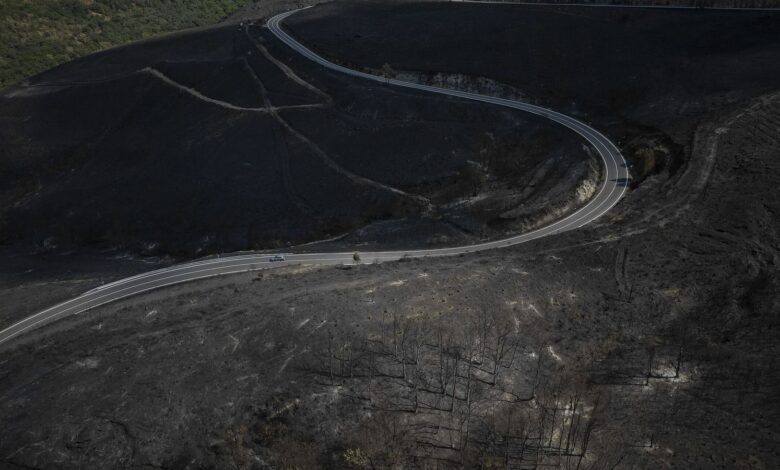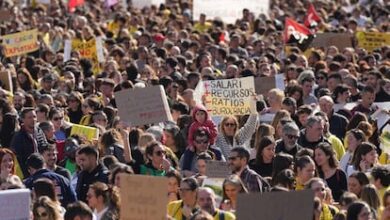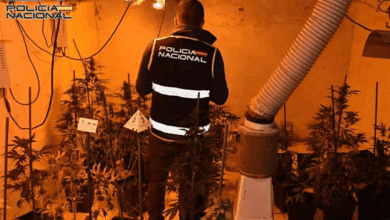
In Spain, the fight against wildfires has long become not just a task for firefighters, but a true investigation involving specialized units. Once the fire is extinguished, experts from the Seprona division of the Civil Guard and staff from the specialized Forest Fire Investigation Unit (UIFO) at the Ministry of Agriculture are dispatched to the scene. Their mission is to determine how the fire started and attempt to identify those responsible.
The work begins with a thorough inspection of the area. Specialists mark the boundaries of the burned zone, collect samples of soil, wood, and other materials, and take detailed photographs. Special attention is paid to locating the so-called ‘zero point’—the place where the fire first broke out. To do this, experts analyze traces on the ground, remnants of plants, stones, and even any trash that may have been left after arson.
Weather conditions play an important role in the investigation: wind, temperature, and air humidity. This data helps to understand how the fire spread and where it may have started. Modern technologies, such as drones and surveillance cameras, allow for rapid assessment of the entire area and help to detect possible anomalies.
In recent years, the number of wildfires has increased in Galicia and other regions of Spain. In 2025 alone, more than 550 fire incidents were recorded in the province of Pontevedra. The causes vary: from careless handling of fire to deliberate arson. In rural areas, fire is often used as a tool to clear land, but it is not always possible to control it, especially after a rainy spring and during hot weather.
Experts note that finding the cause of a fire is often easier than proving someone’s guilt. The fire destroys evidence, and if arson is committed using an ordinary lighter, almost no traces are left. Nevertheless, specialists pay attention to any detail: scraps of wiring, bottle remnants, fuel marks, or unusual objects. Sometimes, surveillance camera footage or witness testimonies help the investigation.
Galicia has its own wildfire investigation team, established four years ago. It brings together environmental specialists with a strong knowledge of the area, who use modern investigative methods. Thanks to their efforts, in 2024, 12 suspected arsonists were held accountable.
Fires can occur for various reasons: due to carelessness, technical malfunctions, or natural phenomena such as lightning strikes. However, a significant proportion of fires are the result of deliberate actions. Spanish law provides for up to 20 years in prison for such crimes, especially if the fire endangers human life or affects protected areas.
In June 2025, a man was detained in the municipality of Vilardevos, in the province of Ourense, on suspicion of arson that destroyed almost 580 hectares of forest. The court sent him to jail without bail, taking into account his previous offenses. In this same area, several large fires broke out within a short period, forcing local residents to leave their homes.
Since the beginning of summer, 37 people have been arrested across Spain, and more than a hundred others are under investigation on suspicion of involvement in fires. Those detained come from various age groups and professions, from elderly women to teenagers. In one case, a minor was caught with several lighters while attempting to start another fire near Santiago de Compostela.
Experts point out that the situation is complicated by changes in forest structure: in recent years, the number of eucalyptus and pine trees has increased, while traditional oaks and chestnuts have become less common. This makes forests more vulnerable to fire, especially in hot and windy conditions. By 2025, more than 300,000 hectares had already burned across the country.
Investigating each fire requires time and effort, but it is thanks to the work of specialists that not only are the causes identified, but new tragedies can be prevented. Authorities continue to improve investigation methods and toughen penalties for those responsible, aiming to protect Spain’s natural resources.











